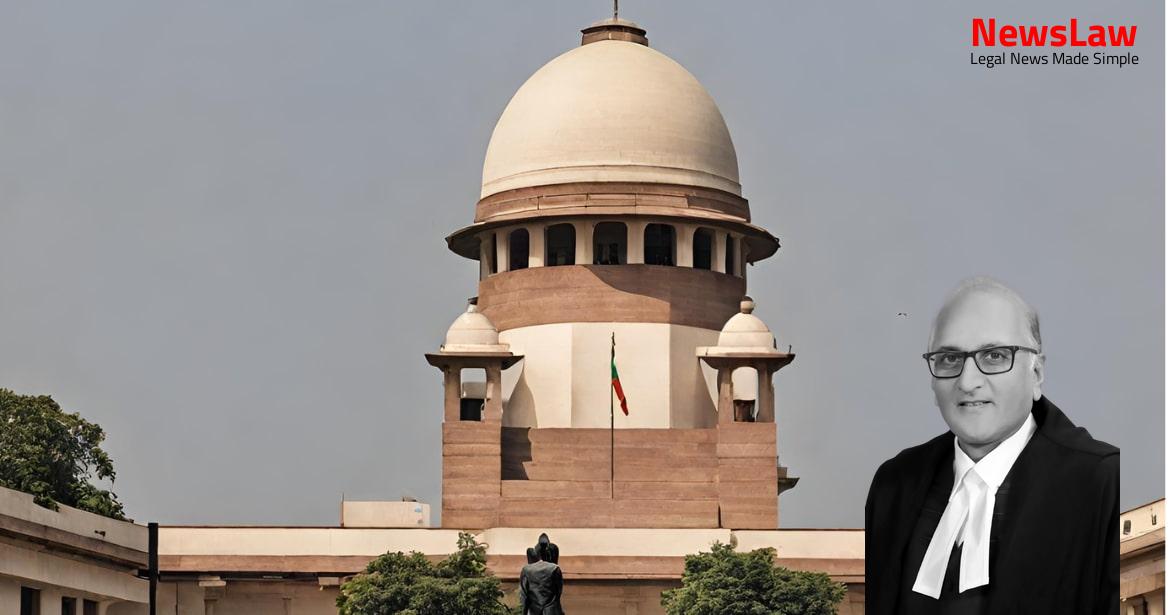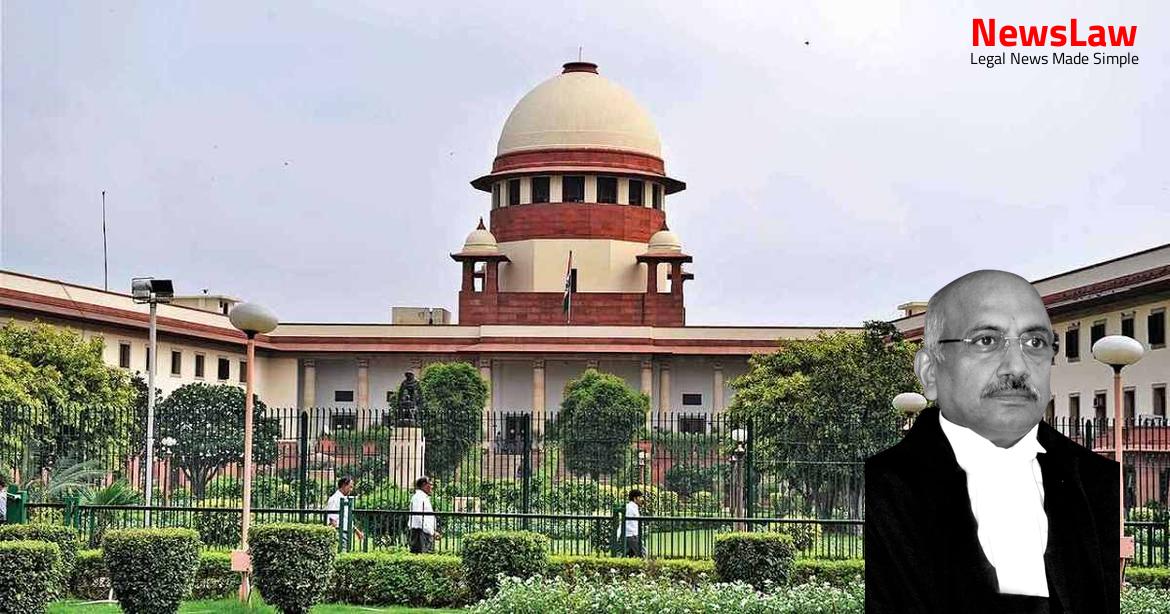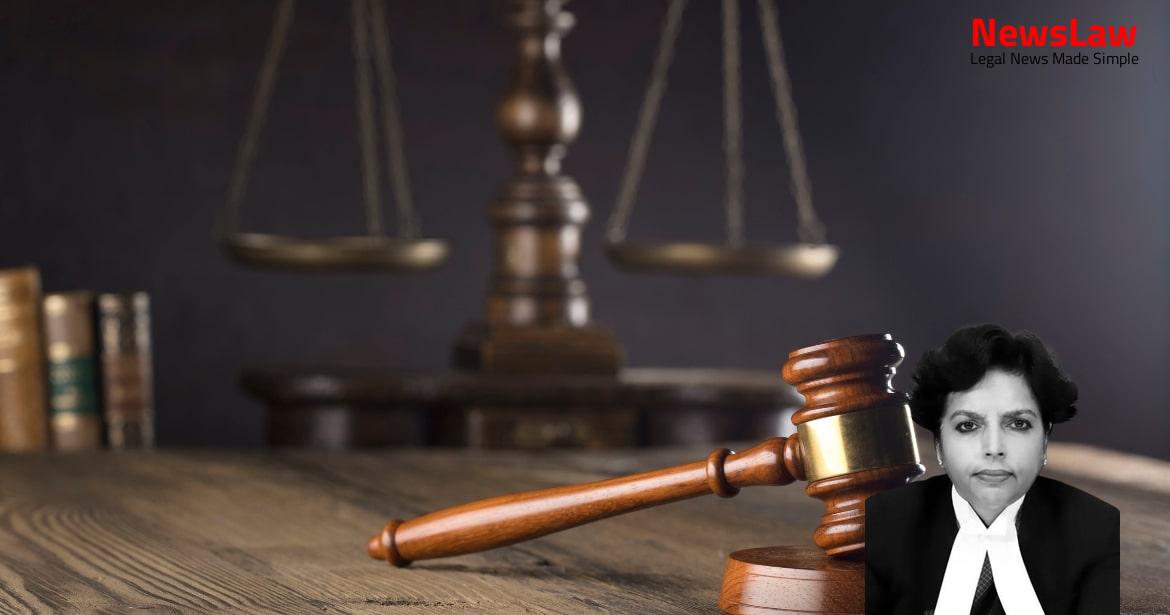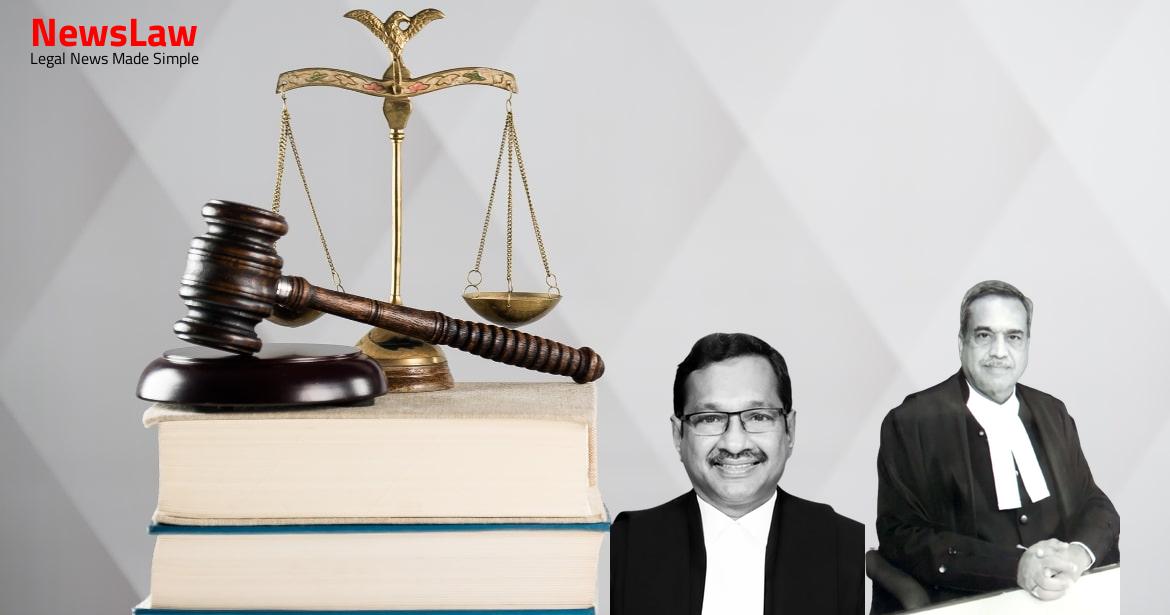The recent legal case delved into the classification of the National Co-operative Consumers’ Federation of India Limited (NCCF) as a ‘State’ under Article 12 of the Constitution. The Patna High Court’s in-depth legal analysis and subsequent affirmation by the Division Bench shed light on the intricacies of defining an entity as a ‘State’ for constitutional purposes. This analysis carries significant implications and sets a precedent for future interpretations of similar cases.
Facts
- The Division Bench of the Patna High Court affirmed the view that the National Co-operative Consumers’ Federation of India Limited (NCCF) is a ‘State’ under Article 12 of the Constitution of India.
- The judgment of the Single Judge on NCCF being a ‘State’ was upheld by the Division Bench in both LPA No.926 of 2008 and 863 of 2008.
- Chairman/President NCCF filed Civil Appeals No.1918-1919 of 2012 against the High Court’s decision, which are pending before the Supreme Court.
- Despite being granted leave to appeal, the stay of the High Court’s judgment was refused by the Supreme Court.
- The NCCF later withdrew the appeals, as accepted by the Chamber Judge of the Supreme Court.
- The decision of the Patna High Court declaring NCCF as a ‘State’ under Article 12 of the Constitution was acknowledged by NCCF when they withdrew the appeals.
- The High Court’s judgment in Writ Jurisdiction Case No.7042 of 1995 and Civil Writ Jurisdiction Case No.9940 of 1996 confirmed the NCCF’s status as a ‘State’ under Article 12.
- The view of the Division Bench on NCCF’s status was challenged in Civil Appeal Nos.1918-1919 of 2012, which were granted Special Leave to Appeal by the Supreme Court on 06.02.2012.
Also Read: Electoral Malpractices in Mayor Election
Arguments
- Ms. Madhavi Divan stated that no relief could be claimed against the Central Government in the case.
- Mr. Dhingra suggested that due to changes in circumstances and the withdrawal of the appeal by NCCF, the petitioners should be given the liberty to file appropriate proceedings under Article 226 of the Constitution of India to seek the reliefs prayed for in substantive prayer (b) of the petition.
Also Read: Balancing Power and Transparency: Electoral Bonds Struck Down, Disclosure Mandated
Decision
- The instant writ petition is allowed to be withdrawn
- Liberty as prayed for by Mr. Dhingra is granted
- Rival contentions do not need to be discussed
Also Read: Recall of Resolution Plan Approval: Legal Analysis
Case Title: N.C.C.F EMPLOYEES UNION (REGD) (RECOGNIZED) Vs. UNION OF INDIA (2022 INSC 22)
Case Number: W.P.(C) No.-000512 / 2017



